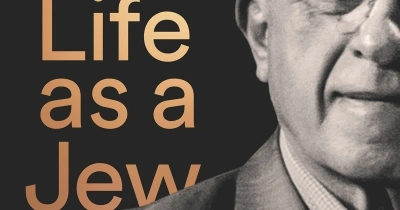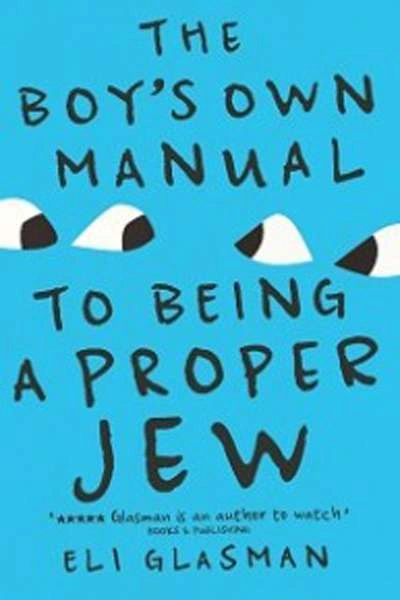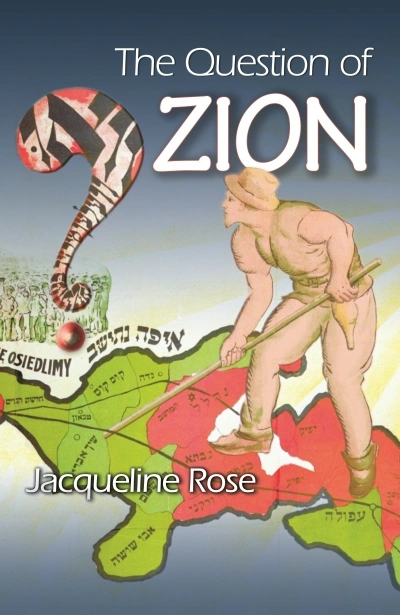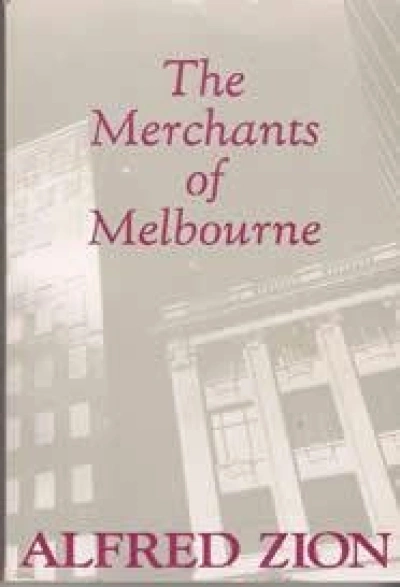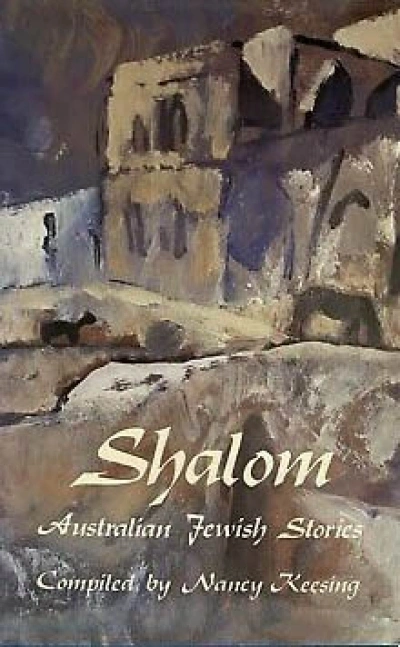Judaism teaches that antisemitism is ultimately rooted in hatred of God, and that hatred of the Rabbis by ignorant Jews exceeds that of heathens, hence the worst antisemites (e.g. Karl Marx) are often renegade Jews.
Alfred Zion reveals his misunderstandings of Judaism even before his novel, The Merchants of Melbourne, begins. His Hebrew/Yiddish-English glossary translates Torah as “Pentateuch, the five books of Moses”, and Yiddishkeit as “Yiddish culture”. In fact, Torah means the whole body of Jewish teaching of which the Pentateuch consists of “mere notes”. Yiddishkeit means Jewish religious teaching and observance. Such misleading translations are matched by malicious caricatures of Rabbis. Saul, a learned Jew of rabbinic status, believed “everything was pre-ordained, even the good and evil that befell you. Struggling against one’s fate was therefore a wasted effort, if not a contradiction of God’s will” (p.97). This is the opposite of the Jewish doctrine of free will and personal responsibility.
...
(read more)


